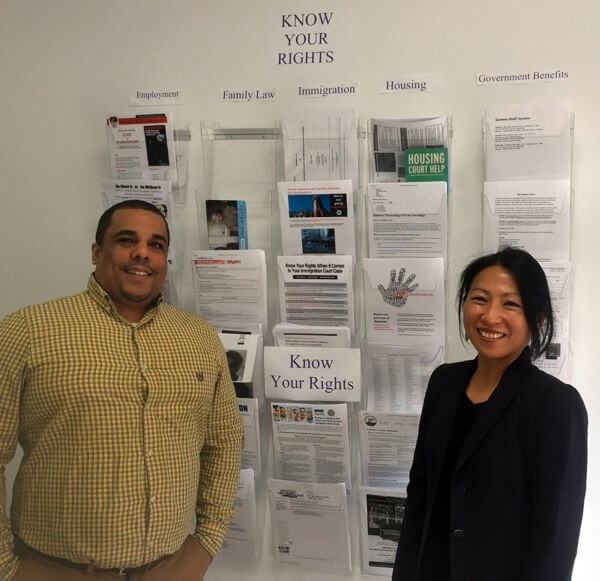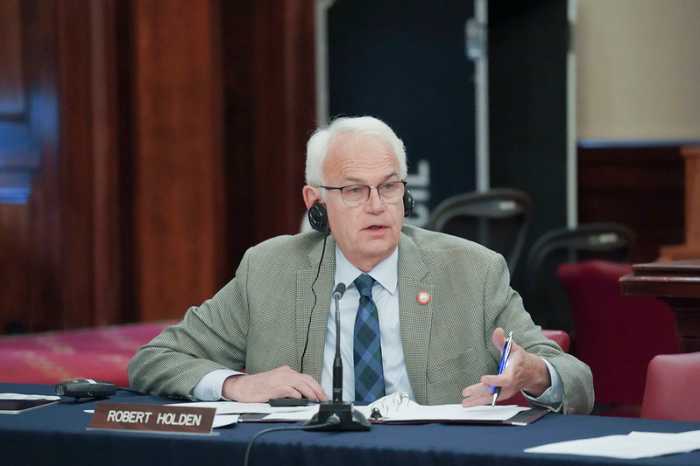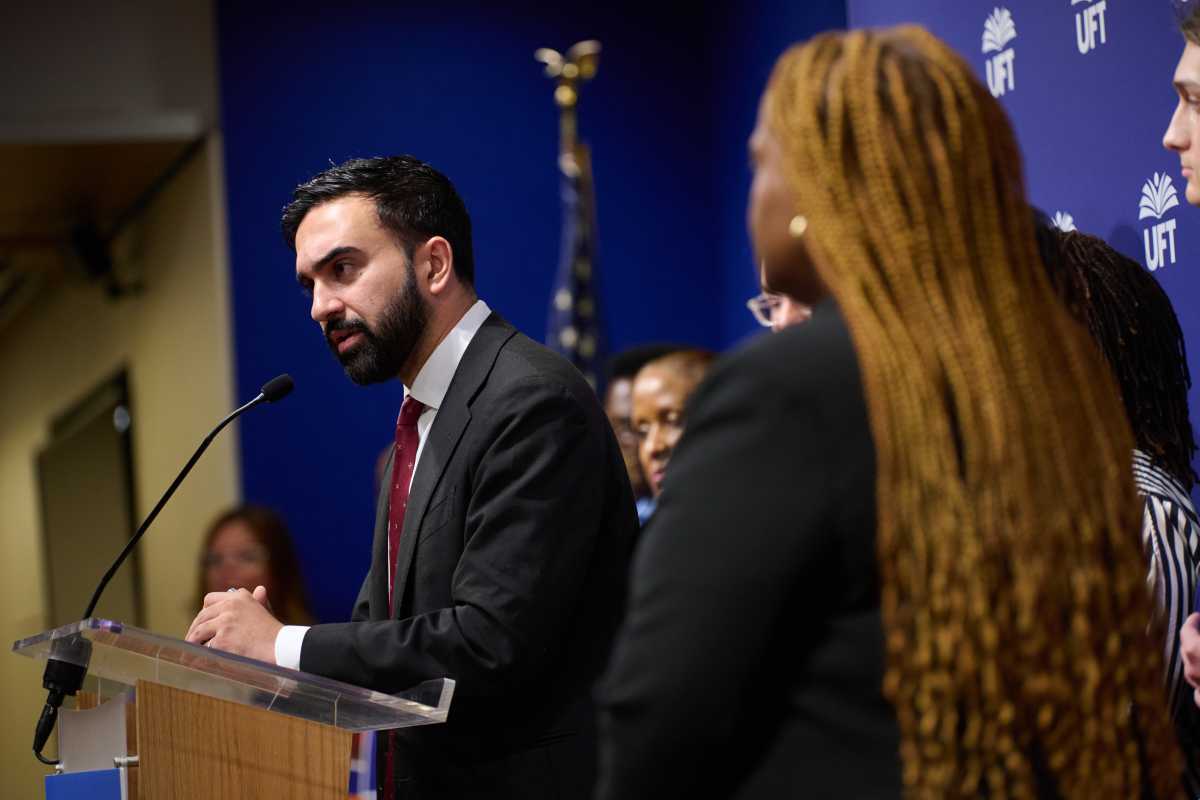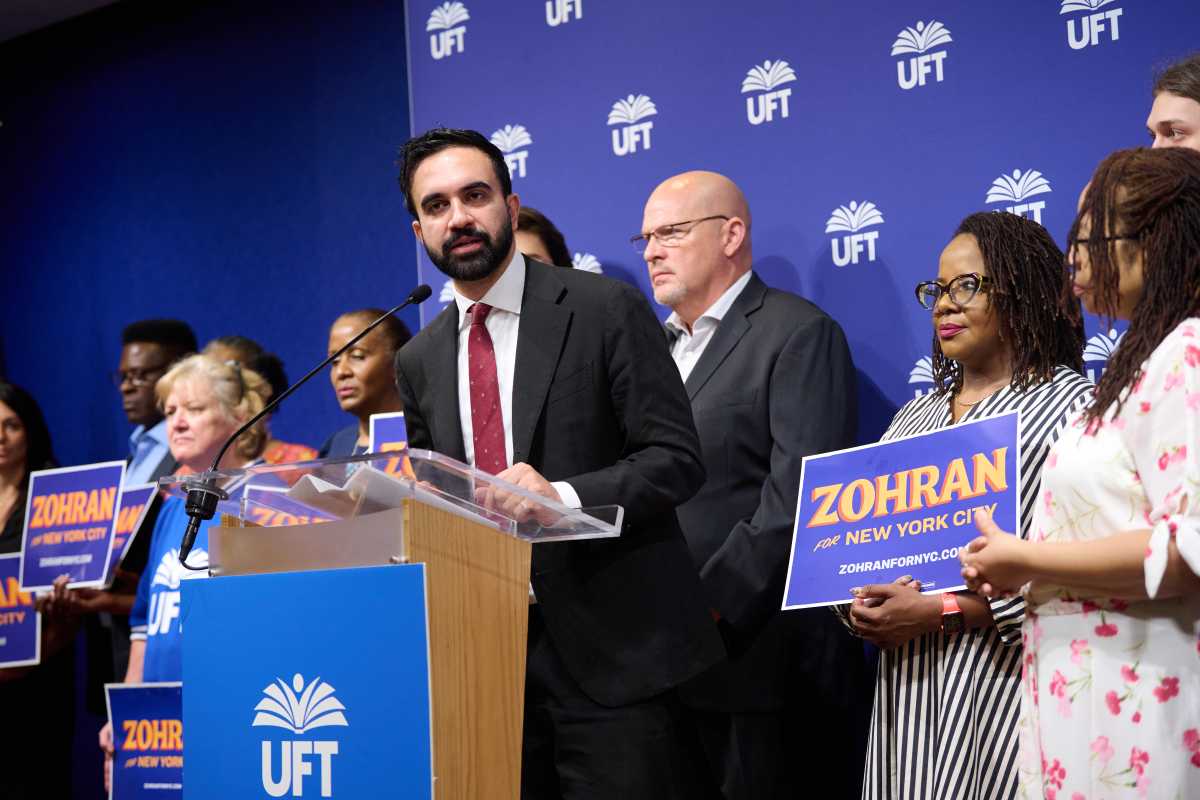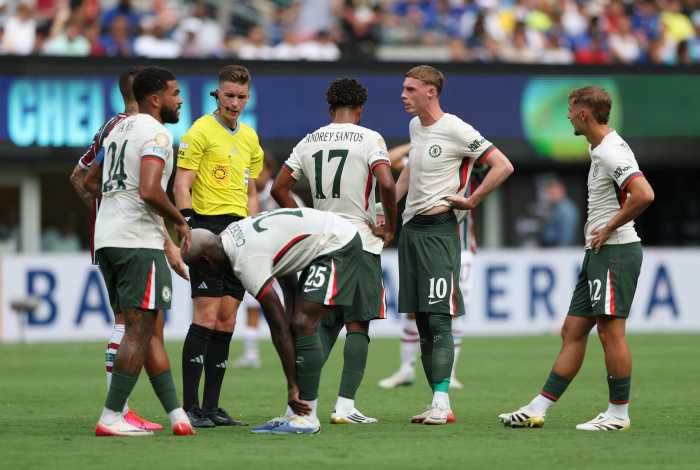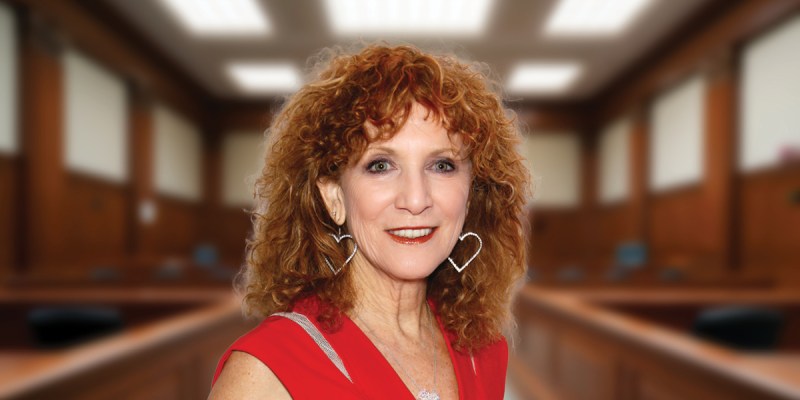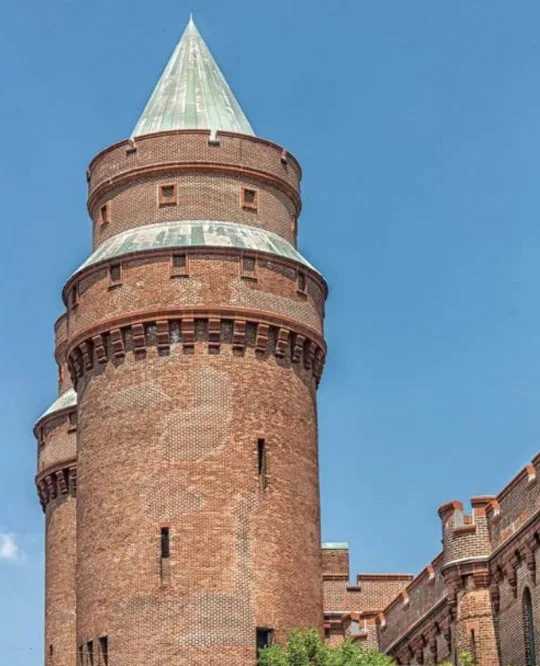By Patrick Donachie
The Legal Hand Project’s Jamaica clinic, which marks one year in the neighborhood this month, moved into a new space more conducive to the services the group offers in October.
Jennie G. Kim, the project’s staff attorney, stressed that all were welcome.
“Everyone is a walk-in,” she said. “We are a great first place to come to.”
Legal Hand operates in Queens and Brooklyn and is run by the Center for Court Innovation via a collaboration with the Legal Aid Society, Legal Services NYC and New York Legal Assistance Group. The clinics occupy storefronts in New York neighborhoods, offering referrals and assistance as needed on a range of issues. Kim said housing was a primary concern in Jamaica, estimating that about 60 percent of walk-ins had questions about their rights as tenants and homeowners.
Kim said southeast Queens residents often faced eviction issues. Some landlords, Kim said, illegally refused to accept Section 8 vouchers or other government issued-subsidies, while other landlords would refuse to make necessary fixes to tenants’ apartments in the hopes that they would leave.
“In rent-stabilized places we see this on a regular basis. Though in New York, we have more means to deal with landlords, it’s still a very slow process,” she said, noting that the elderly were particularly endangered by unscrupulous practices by landlords. “They deliberately target these folks and look to not do repairs to force them out.”
The clinic shared space with Community Mediation Services at 89-64 163rd St. after opening on Dec. 18 last year, but acquired a spacious store at 149-13 Jamaica Ave. and opened there in October. The new space is a block from Rufus King Park and a few steps from Queens County Family Court. Jose Torres, the volunteer coordinator for the site, said about 10 volunteers worked at the center, with a range of expertise to assist people who walk in.
“We want the community to assist the community,” he said. “If you teach one, you’ll teach multiple people, and the community becomes their own empowering source.”
Kim and Torres said they are continuing to do outreach in the surrounding area, from handing out fliers to coordinating with community boards and the Jamaica Community Partnership. Kim said she also spoke to local mosques about potential issues of discrimination. Torres said the clinic was hoping to prepare “city sanctuary maps” for individuals to help them learn where they can obtain social services and plans to begin hosting regular “Know Your Rights” seminars in January.
Kim said they were also intending to hold information sessions on next year’s Inauguration Day to inform people of their rights, particularly when it comes to the status of undocumented New Yorkers.
“We are one of the sanctuary cities, so one thing we need to be talking about is how do we protect our people. We are seeing a lot of people with fear and we want to make sure we don’t give out any misinformation,” she said. “We are here to help people regardless of their immigration status.”
Torres noted the Jamaica clinic was the only Legal Hand site in Queens, and he wanted to make sure more affected residents of the borough were aware of their services.
“The issues affecting this area are not only here,” he said, speaking about Jamaica. “It’s a microcosm of the borough and New York City.”
Reach reporter Patrick Donachie by e-mail at pdona

